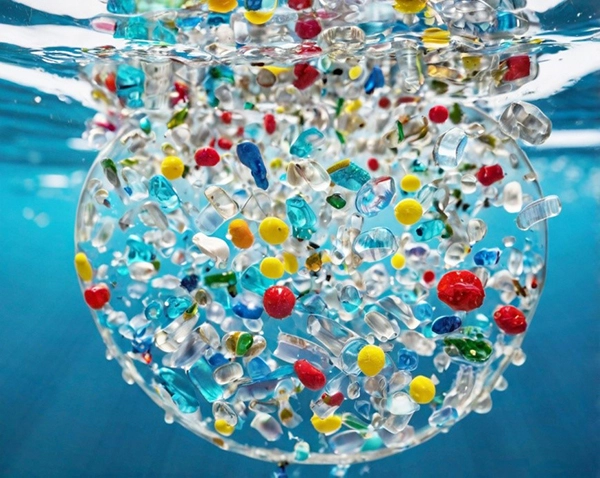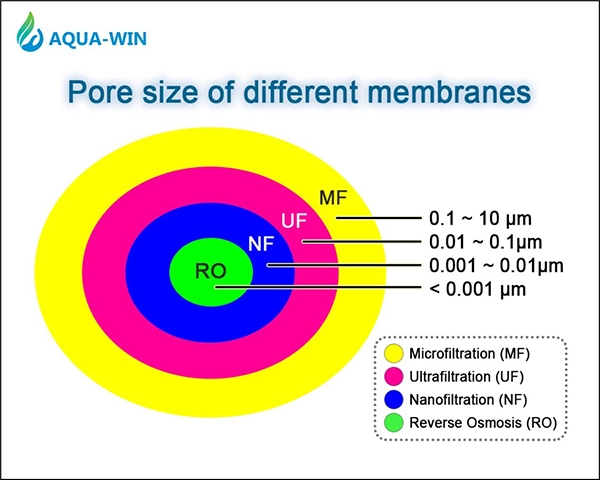FAQ-- Product Resources
How Do Microplastics Affect Health?
The Health Effects of Microplastics and How to Remove Them from Water
Do you know that microplastics bring a wide range of negative health effects on humans? Microplastics can be found everywhere, including in the air, water, and even in the human bloodstream. They can impact our health in many ways, including affecting the endocrine system, contributing to kidney disease, respiratory issues, and even cancer. Let’s explore the effects of microplastics on our health and how we can remove them from water.
Health Effects of Microplastics
1. Endocrine System
Microplastics can absorb harmful chemicals like bisphenol A (BPA), which is known as an endocrine disruptor. When these chemicals are ingested or inhaled, they can mimic, block, or interfere with the natural hormones in the body, leading to potential issues such as reproductive disorders, developmental problems, and metabolic diseases.
2. Kidney Disease
Microplastic particles can cause oxidative stress, inflammation, and cellular damage, which may impair kidney function. The chemicals contained in microplastics, such as heavy metals, can be kidney-toxic, leading to kidney damage.
3. Respiratory Disease
Microplastics can be present in the air, especially in indoor environments, and can be inhaled into the respiratory system. Once inhaled, they can cause lung inflammation and potentially contribute to the development of respiratory diseases.
4. Cancer
Microplastics contain toxic chemicals and heavy metals used during their production. When microplastics are ingested or inhaled, these chemicals can be released into the body, potentially leading to DNA damage, mutations, and the initiation of cancerous processes.

How to Remove Microplastics from Water
Advanced filtration technologies using membrane filtration are effective at removing microplastic particles. This includes microfiltration (MF), ultrafiltration (UF), nanofiltration (NF), and reverse osmosis (RO).
Reverse Osmosis (RO) Systems
Reverse osmosis (RO) systems are highly effective at removing microplastics from water. RO systems work by forcing water through a semi-permeable membrane with very small pores, typically around 0.0001 microns in size. Since most microplastics are much larger than this, they are effectively removed from the water.

Reverse osmosis (RO) systems are one of the most effective methods for removing microplastics from water. The health effects of microplastics are still an area of active research, but the evidence so far suggests that these particles pose significant risks to human health. Reducing exposure to microplastics through minimizing plastic use and improving waste management is essential to mitigate these potential health risks and help protect the environment.





